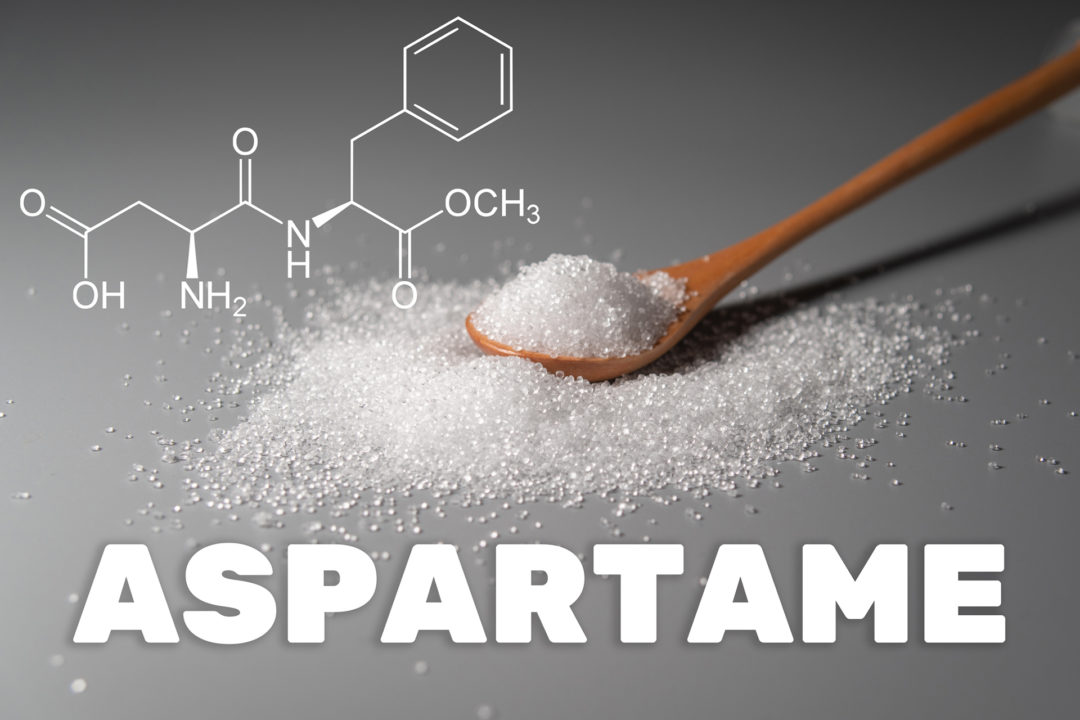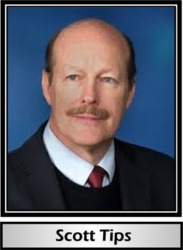Editor’s Note: This article is intended for information purposes only. Because state and municipal laws vary greatly, as do the circumstances of individual cases, readers are advised to contact an attorney for specific legal advice. The views and opinions expressed here are those of the author(s) and contributor(s) and do not necessarily reflect those of the publisher and editors of WholeFoods Magazine.
As first reported by Gary Ruskin and the trustworthy U.S. Right to Know organization in a news brief posted on July 19, 2023, the Joint FAO/WHO Expert Committee on Food Additives (JECFA) has been caught out in a blatant conflict of interest over aspartame’s classification as carcinogenic (1). JECFA has once again declared that the toxic artificial sweetener aspartame is “safe” at the acceptable daily intake (ADI) amount of 40 mg/kg of body weight.
JECFA’s position stands in stark contrast to that taken by the World Health Organization (WHO) subsidiary body called the International Agency for Research on Cancer (IARC), which in its July 14, 2023, hazard and risk assessments of aspartame classified aspartame as “possibly carcinogenic.” So, why don’t the two scientific bodies agree on this issue?
As many may recall, aspartame is the sweetener in Diet Coca-Cola and most other “zero calorie” diet drinks. Worldwide revenue projections for artificial sweeteners (including aspartame) for the year 2023 are currently pegged at $23.4 billion dollars (2). And that doesn’t even include the dollar value of the finished-product sales for, say, Diet Coke, of which aspartame is an integral ingredient. So, aspartame occupies a major market niche in the strategic marketing plans of soft drink companies and food businesses where aspartame is also heavily used as a sweetener. No wonder then that these companies, such as Coca-Cola and Pepsi, have created front groups to influence and control government regulators (3)!
While a May 2023 WHO guideline also cautions consumers not to use any non-sugar sweeteners for weight control, industry studies presented to JECFA and the mainstream media have whitewashed aspartame, just as they were when submitted to the U.S. Food and Drug Administration (FDA), which originally approved the toxic sweetener back in the 1980s. The late Dr. Betty Martini, an authority on aspartame science, repeatedly demolished these feculent industry studies and denounced the rampant conflicts of interest that created them (4).
Speaking of which, a reporter with the French daily Le Parisien recently observed that at least six out of the thirteen JECFA panel members have ties to the industry front group called International Life Sciences Institute (ILSI) (5). This observation parallels those of the National Health Federation’s where it has seen industry front groups’ influence flaunted at Codex Alimentarius meetings amidst their cozy relationships with member-state delegations and Codex science officers. In fact, often certain Codex member states (more accurately, the selected government representatives within a member state’s Codex Office) seem to operate more like regional branch offices of the industry they are supposed to regulate than they do as guardians of the public interest their government is elected to protect.
In the case of JECFA and its recent decision on an ADI for aspartame, we have clear signs of a conflict of interest that render its “scientific” decisions highly questionable. Both the chairwoman and the vice chairman of the JECFA aspartame panel have ties to ILSI, as do four other panel members.
Here are the ILSI-connected JECFA panelists who never should have participated in any way in JECFA discussions and decisions concerning aspartame or any other artificial sweeteners:
• Diane Benford (Chairwoman) – former member of an ILSI Europe expert group
• Richard Cantrill (Vice-Chairman) – former participant in an ILSI Europe panel
• Sue Barlow – former member of the ILSI International Food Biotechnology Committee
• Jean-Charles Leblanc – former member of an ILSI Europe expert group
• Josef Schlatter – former member of ILSI Health and Environmental Sciences Institute (HESI) board of trustees
• Michael DiNovi – former member of an ILSI Europe expert workgroup.
One time, about five years ago, at a Codex Committee meeting in Chicago, Illinois, the NHF was roundly criticized and JECFA was given a standing ovation because, unbeknownst to me, someone had posted on the NHF Facebook page a comment that “JECFA science was junk science.” The post was helpfully brought to JECFA’s attention by an industry front group in an attempt to humiliate NHF. Well, NHF was not humiliated; and here we are five years later vindicated by the truth coming out that a JECFA assessment is indeed junk science, riddled as it is with numerous, irreconcilable conflicts of interest. WF
References
1. Gary Ruskin, “Did a Coca-Cola front group sway a WHO review of aspartame?” usrtk.org, July 19, 2023, at https://usrtk.org/sweeteners/coca-cola-front-group-who-review-of-aspartame/.
2. “Revenue of the artificial sweeteners industry worldwide 2018 to 2028,” statista.com, June 28, 2023, at https://www.statista.com/forecasts/1201648/revenue-artificial-sweetener-market-worldwide.
3. For a fuller discussion of this lobbying group created by industry to influence public policy and science, see the excellent article by Stacy Malkan, “International Life Sciences Institute (ILSI) is a food industry lobby group,” usrtk.org, July 10, 2023, at https://usrtk.org/pesticides/ilsi-is-a-food-industry-lobby-group/.
4. See, e.g., Betty Martini, “Rotgut Aspartame, Methanol Mania,” thenhf.com, June 11, 2019, at https://thenhf.com/rotgut-aspartame-methanol-mania/. See also the documentary, Sweet Misery: A Poisoned World, and the medical textbook Aspartame Disease: An Ignored Epidemic, by Dr. H. J. Roberts, M.D.
5. Gaël Lombart, “Nouvelles recommandations sur l’aspartame: les liaisons dangereuses de certains experts avec Coca et Pepsi,” Le Parisien, July 19, 2023, at https://www.leparisien.fr/sciences/nouvelles-recommandations-sur-laspartame-les-liaisons-dangereuses-de-certains-experts-avec-coca-et-pepsi-19-07-2023-J3BYCFSOJJG7ZGHJEHFOVR5XFM.php.










